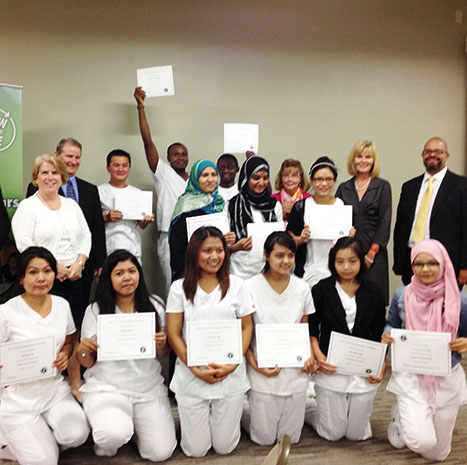Ivy Tech Refugee Scholars Program

Dates of Program
October 1, 2013 – September 30, 2015
Field of Work
Indiana refugees/immigrants receive specialized train-ing at Ivy Tech Community College preparing them for employment as CNA (Certified Nursing Assistants) and CNC (Computer Numerical Control) operators in an adapted curriculum including traditional coursework combined with ESOL (English-Second Language) and American cultural competency training.
Mission
Advances Catherine Kasper Place and PHJC ministry by advancing integration of refugees and immigrants suc-cessfully into the community and strengthens network of resources available to them.
Problem Synopsis
Many job training programs for refugees/immigrants focus only on the technical skills needed. Experience has shown that most newly-arrived refugees do not have the language skills or cultural understanding to be success-ful in the work place by just acquiring technical skill sets.
Synopsis of Work
The Ivy Tech Scholars Program developed a replicable training model that can be used for various job skills called I-Best. The I-Best model pairs two types of instructors in the classroom – one set to teach professional and technical content and the other set to teach English language and acculturation skills – so students can move through school and into jobs faster. As students progress through the program, they learn basic skills in real-world scenarios offered by the job-training part of the curriculum. I-Best challenges the traditional notion that students must complete all basic education before they can even start a job-training program. This ap-proach often discourages students because it takes more time, and the stand-alone basic skills classes do not qualify for college credit. I-Best students earn college credits immediately.
Key Results
- Developed and implemented curriculum for CNA and CNC (computer numerical control) (models can be replicated to include other job skills training)
- 31 Groups collaborated in announcing the program and 109 potential refugee applicants expressed interest. Only 19 were able to meet the federal grant residency requirements and the language proficiency minimums, who then enrolled in the program.
- 20 students of six different nationalities successfully passed the CNA certification exam in the first cohort in August 2014. This was an unprecedented 100% success rate. At time of graduation, 71% had obtained employment and all also earned transferable college credit for ongoing studies.
